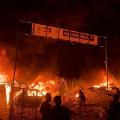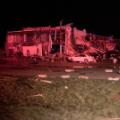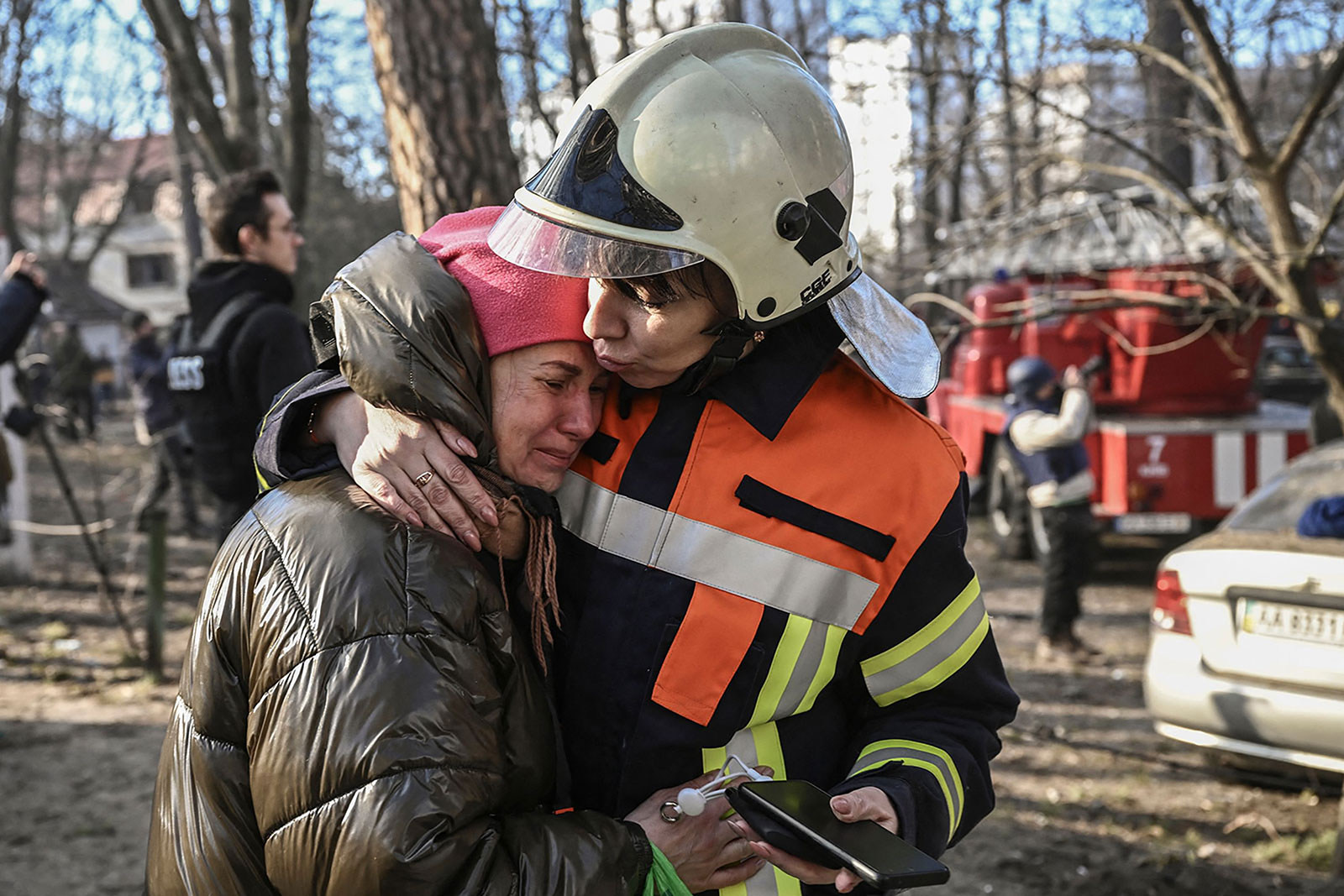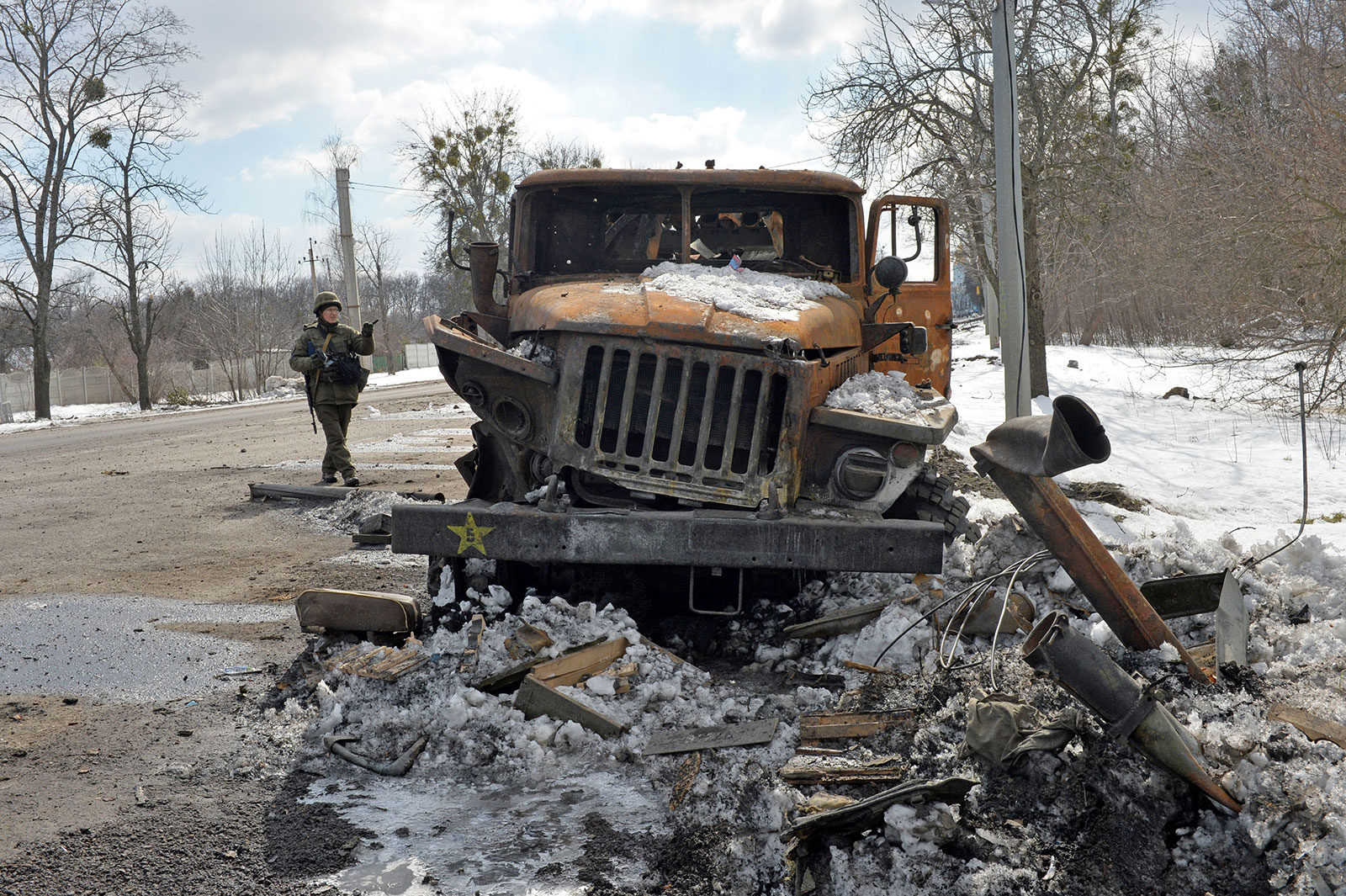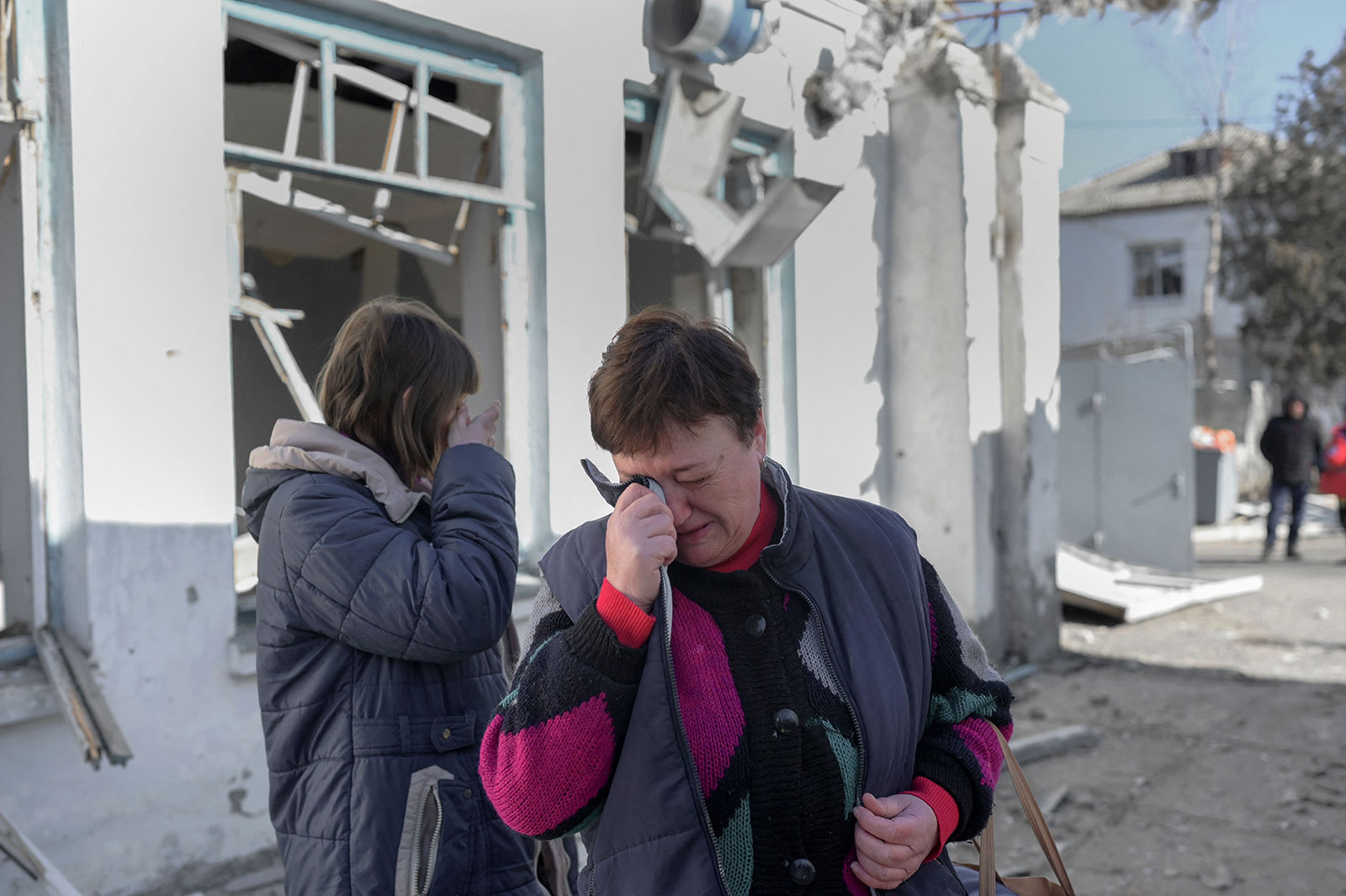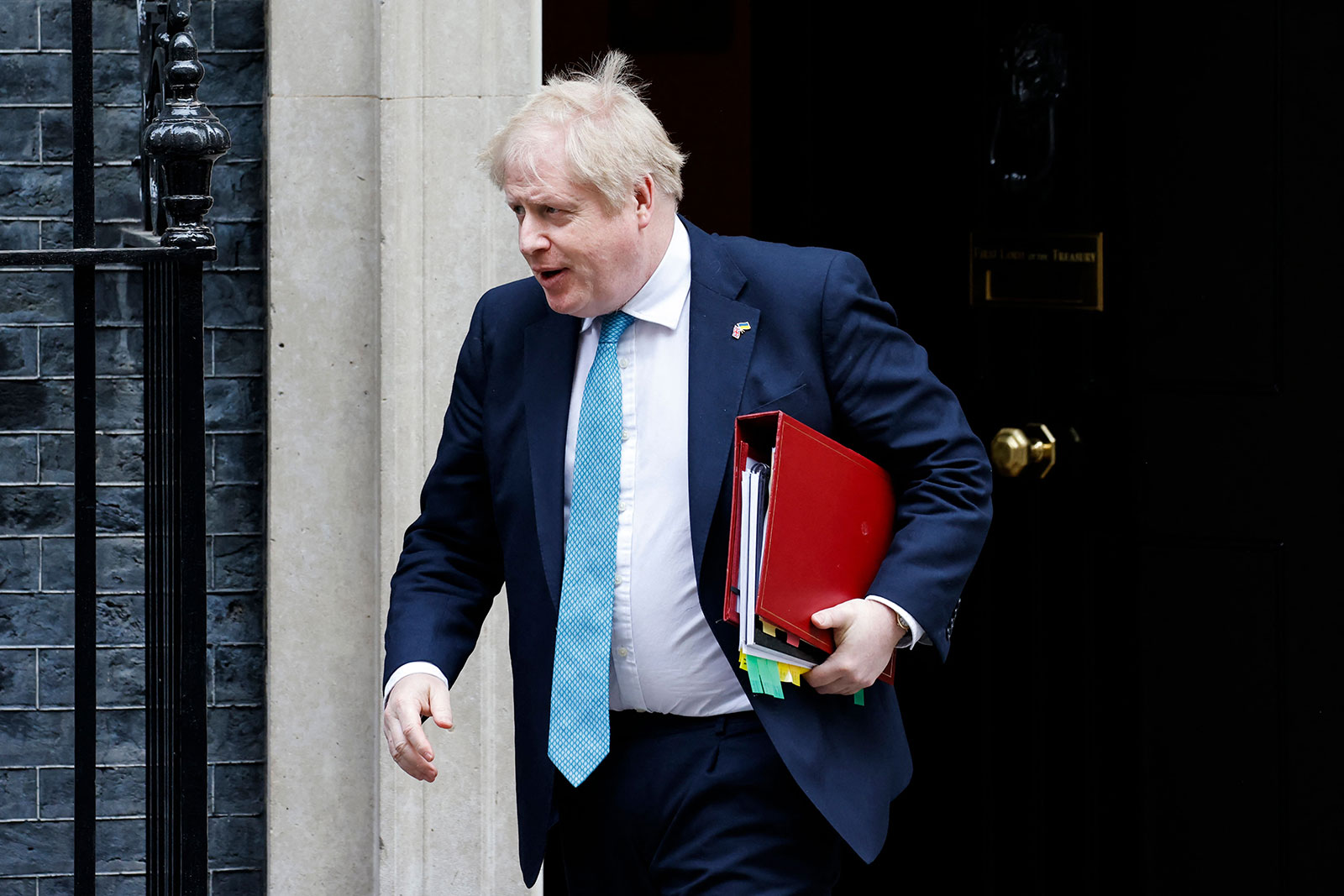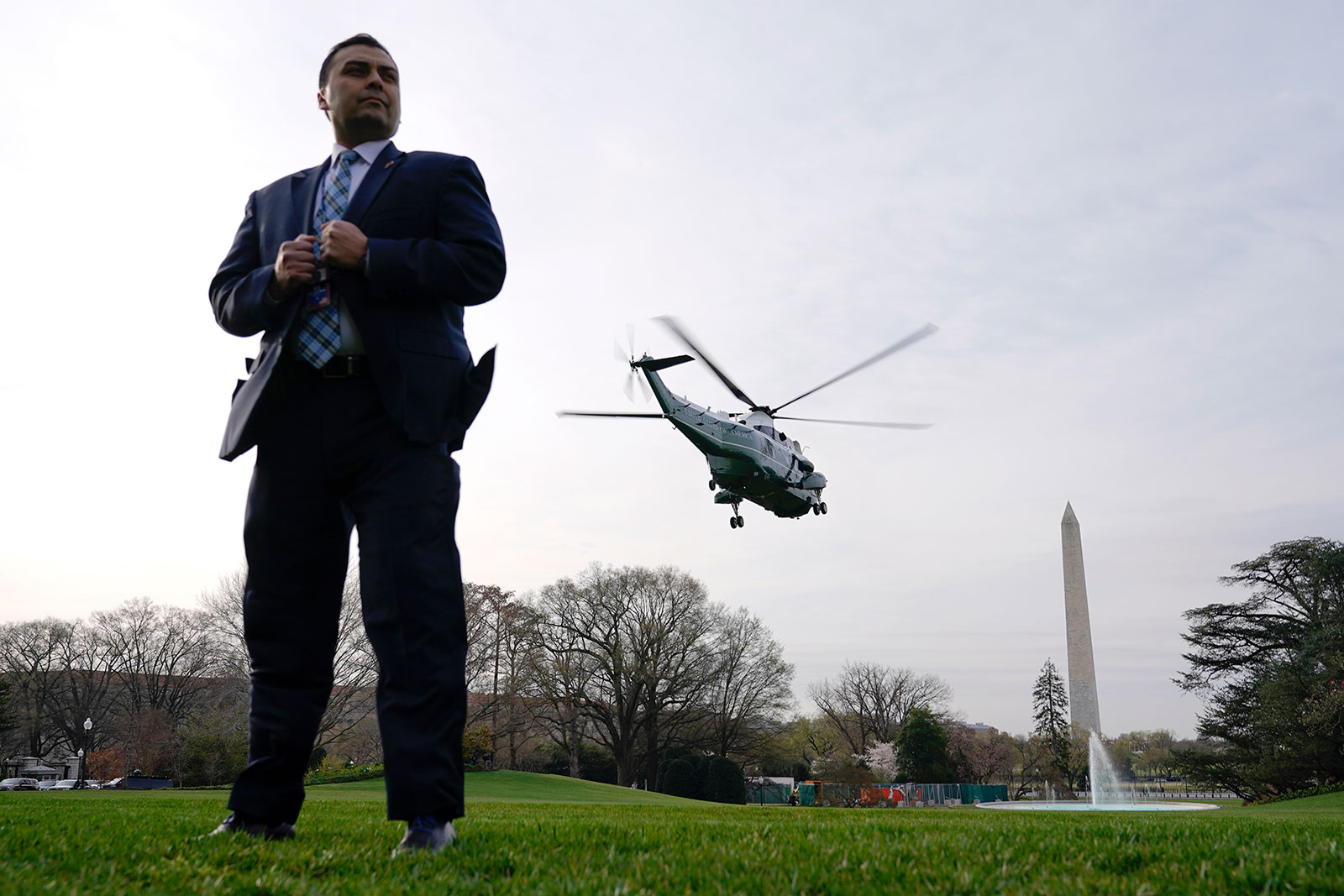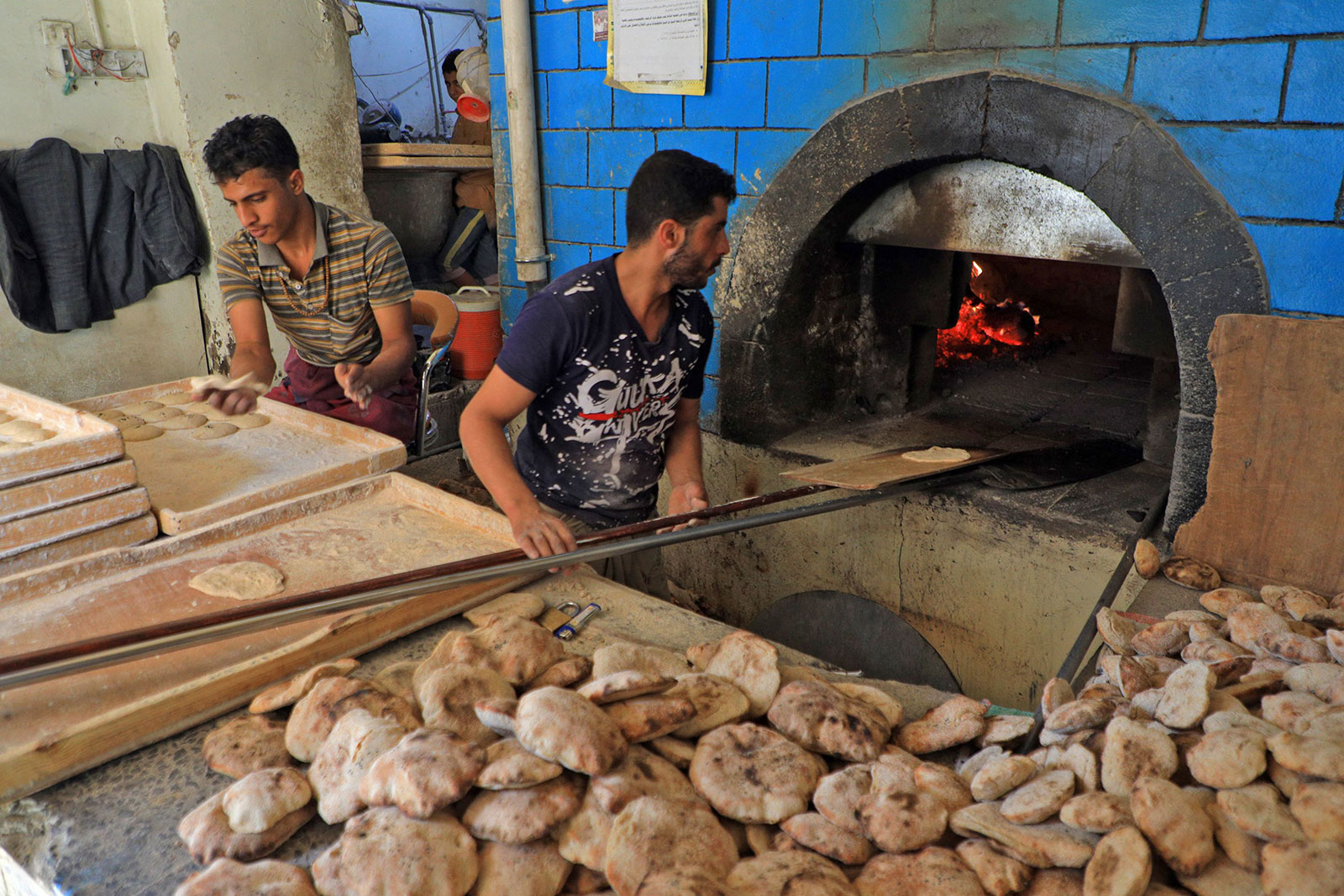US President Joe Biden will unveil new sanctions on Russian political figures and oligarchs when he attends a series of summits in Brussels on Thursday.
Speaking aboard Air Force One as Biden headed to Europe, US national security adviser Jake Sullivan said Biden would also discuss NATO’s force posture on its eastern edge and contingency plans for a potential Russian use of chemical or nuclear weapon in his talks.
Biden will begin at NATO by meeting Secretary General Jens Stoltenberg “to check signals” and get on the same page for the ensuing summit. Biden will attend the extraordinary NATO summit for approximately 3 hours, Sullivan said.
Among the priorities is “how we make sure that we're continuing to support Ukraine and its effort to defend itself,” Sullivan said, even though NATO itself hasn’t facilitated military assistance to Ukraine, but left those decisions to individual members.
Sullivan said the alliance would “discuss the question of NATO's force posture on the Eastern flank.” He said leaders would ratify certain decisions taken by defense ministers last week, and task their military and political officials to set out a “longer term game plan for what forces and capabilities are going to be required in those eastern flank countries.
The longer-term plan will be agreed to at this summer’s NATO summit in Madrid, which had been previously announced. The new force posture will ensure “we've got a long term footprint that is matched to the new security reality that's been created both by Russia's full scale invasion of Ukraine and by what's happening in Belarus,” Sullivan said.
At a subsequent meeting of the G7, Biden and fellow leaders will “agree on an initiative to coordinate on sanctions enforcement,” disallowing Russian efforts to evade existing sanctions, Sullivan said.
Biden will also “announce a package of sanctions designations tomorrow that relate both to political figures and oligarchs."
Sanctions will also be up for discussion at the European Union, along with how to manage China as it considers providing military assistance to Russia.
And in all his discussions, Biden will “consult on potential contingencies” surrounding potential cyberattacks or the use of chemical or biological weapons, along with “how to deal with the rhetoric and the commentary coming out of Russia on this whole question of the potential use of nuclear weapons.”
Sullivan said US concerns about chemical or nuclear weapons centered primarily around the “deliberate drumbeat of misinformation, propaganda and lies on this subject that has all the markers of a precursor to them actually using these weapons.”
